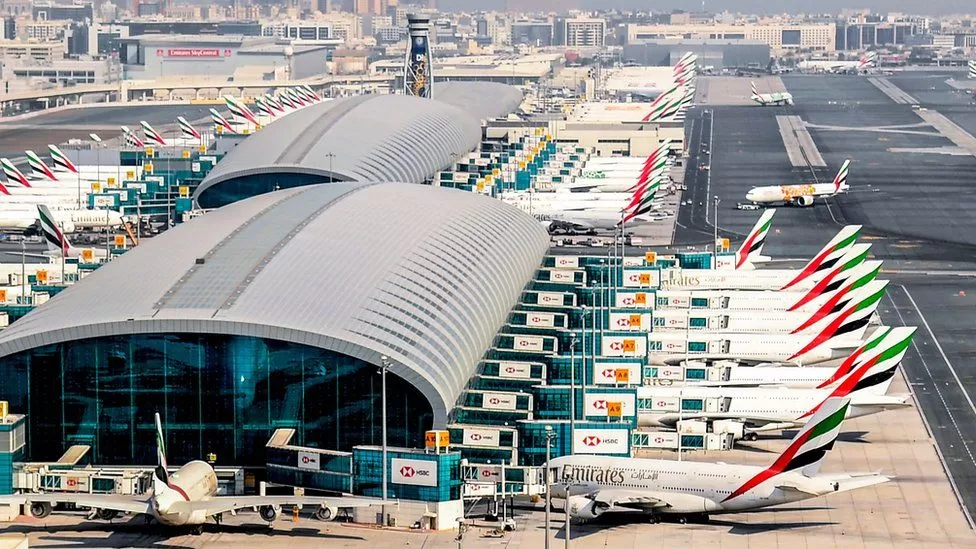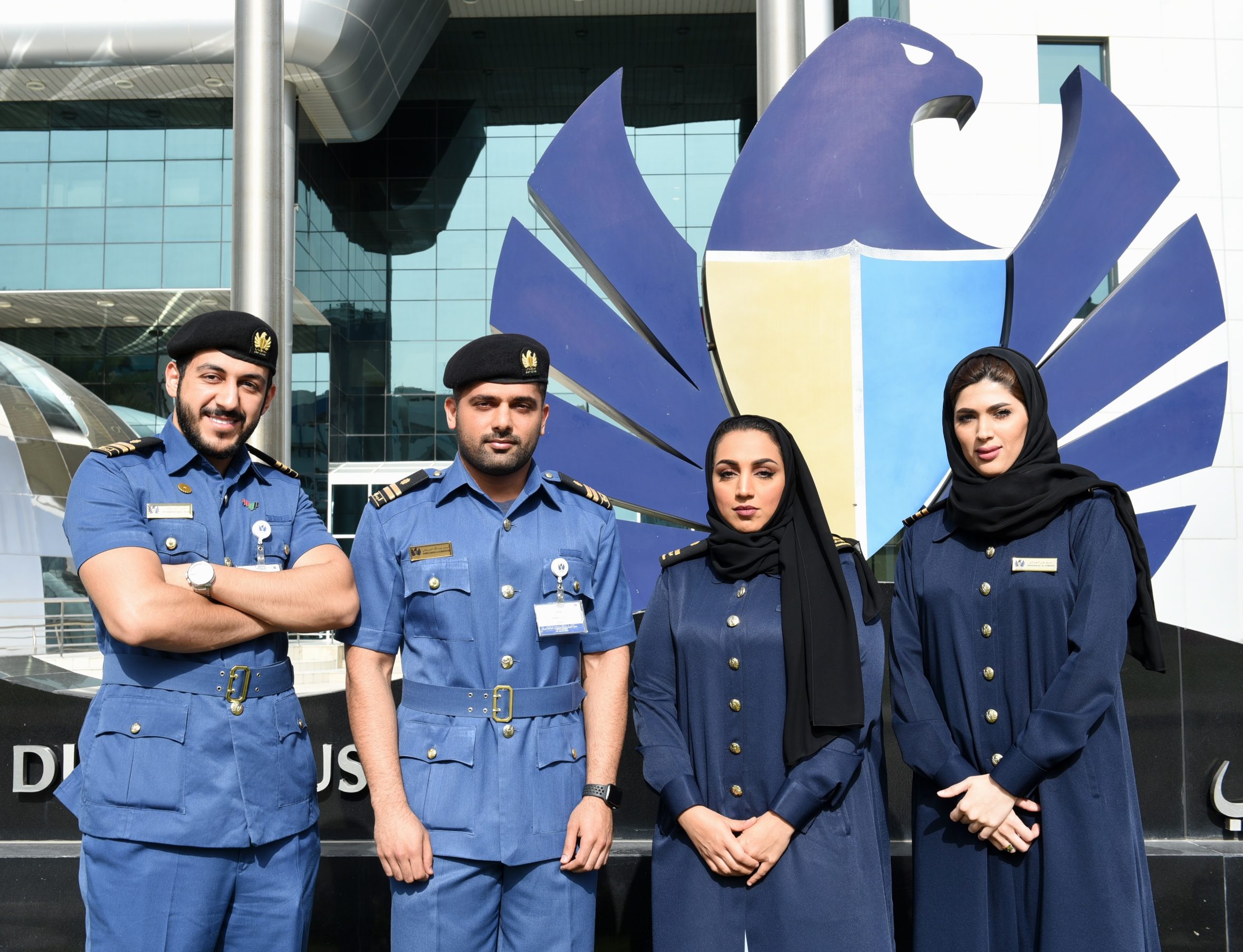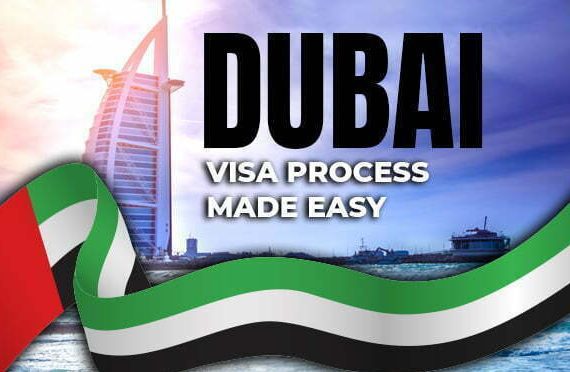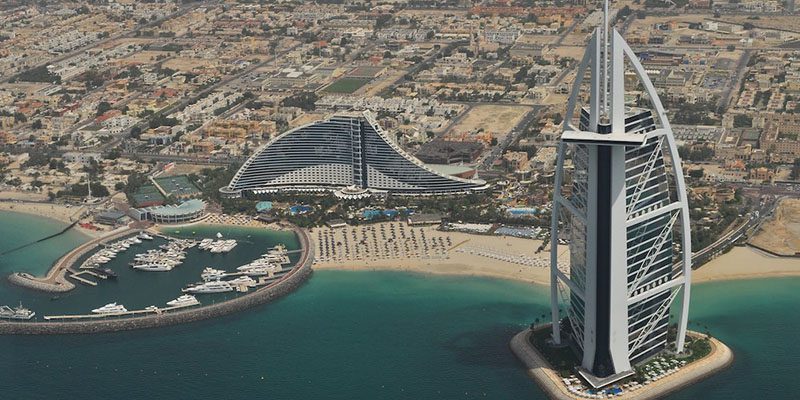Looking for a job in Dubai? After a couple of turbulent years, the job market is becoming as vibrant as before the pandemic. According to LinkedIn’s 2020 Emerging Jobs Report in the UAE report, Dubai’s job market is also getting diverse meaning that industries such as security and investigation, marketing and advertising, and hospitality are also seeking more employees and are ready to fill the gap by hiring from abroad.
However, the top positions are still dominated by the tech industry with positions like Data scientist, Full stack engineer, and Customer success specialist. So, if you’re looking to get a job in Dubai’s tech industry, you’re in luck.
But, where should you start in Dubai’s budding job market? This guide will run you through the most important steps and information, including visas, sponsorship, where to look for jobs and interview tips.
1. Get the Right Visa
If you’re planning to work in Dubai, you’ll need a work visa. The good news is, if you’re employed by a Dubai company, they’re pretty easy to obtain.
Because a work visa is required, it’s easiest to head to Dubai after you’ve been offered a position. That being said, it’s possible to enter the emirate on a visitor or tourist visa for your job search and then transfer your visa status once you’ve found employment.
Most visitors to Dubai aren’t required to obtain a visa ahead of time; one will be issued to you upon arrival. Apart from 180-day visit eligibility for Mexican passport holders, there are 90-day and 30-day options available.
Citizens who don’t need a visa for 90 days
Jobseekers from the following countries are allowed to remain in the UAE for 90 days after their arrival before leaving the country or applying for a work visa:
Argentina, Austria, Bahamas Islands, Barbados, Belgium, Brazil, Bulgaria, Chile, Colombia, Costa Rica, Croatia, Cyprus, Czech Republic, Denmark, El Salvador, Estonia, Finland, France, Germany, Greece, Honduras, Hungary, Iceland, Italy, Kiribati, Latvia, etc.
Citizens who don’t need a visa for 30 days
Citizens from the following countries also don’t need to get visas in advance, however, visas issued on arrival will only be good for 30 days: Andorra, Australia, Brunei, Canada, China, Hong Kong, Japan, Malaysia, New Zealand, Republic of Ireland, San Marino, etc.
While these tourist visas are a good way to enter the country to perform your job search, it’s critical that you either get a work visa, provided you find employment or leave the country when your visa expires. There’s a 10-day grace period after visa expiration, but if you’re caught working on a tourist visa, you can be jailed or fined and deported.
The good news is, that once you find a job, the visa process is largely out of our hands. Outside of having to provide your employer with some documents, like your passport number, they’ll take care of the entire sponsorship and visa process for you. The not-so-great news is, that your job isn’t entirely done.
2. Get Your Health Card and Work Permit
While your work visa is being processed, you’ll need to submit your medical records, passport copies, photo, job offer letter and visa application to the Department of Health and Medical Services.
You’ll also have to get a blood test to rule out diseases like HIV and tuberculosis. At the moment, the UAE doesn’t allow foreign carriers of those diseases to reside in the emirates. Once you pass all the tests, you’ll be issued a health card, which is mandatory for foreign workers in Dubai.
Would You Like To Apply For This Jobs/Sponsorship?
Enter Your Email Address HERE & You Will Receive a Notification About Your Application. If it shows "Subscribed" CLICK HERE to follow on Telegram for updatesYou’ll also need a work permit which involves sending your passport photo, employment contract, entry visa, medical records and your employer’s labour licence to the Ministry of Human Resources.
Finally, you’ll need a residency visa, which is issued by Dubai’s General Directorate of Residency and Foreigners Affairs. You can apply for it online or go to the AMER centre in person. You need to fill out a form and provide your passport, medical records, health certificate, original entry permit, passport photos, a copy of your work permit, and the receipt from your work permit processing.
And that’s it! With your work visa, health card, work permit, and residence visa in hand, you’re all set to legally start working in Dubai.
3. Know Your Job Market
While the emirate’s overall financial health becoming stable, not all job markets are ready to bounce back. Some markets where job-seekers might find success include:
- Tech
- Human resources
- Hospitality
- Banking
- Consulting
Many of the above sectors are performing so well that salaries are expected to continue to rise. LinkedIn’s Jobs on the Rise 2022 report goes into further detail, noting that job-seekers looking to take on the following roles within those sectors have the best chances of finding employment in Dubai:
- Content Coordinator
- Back End Developer
- Data Scientist
- Business Development Associate
- Ecommerce Coordinator
4. Check Out The Big Companies
Some companies are well known in Dubai for their rigorous hiring an excellent standing as places to work.
According to LinkedIn’s Top Companies 2021 report, some of the best businesses to work at are the retail chains Landmark Group, Majid Al Futtaim, accounting firm PwC, investment management companies Mubadala, ADIA, and management consulting firm Deloitte, among others.
5. Work on Your CV
The single most important tool in your job search is your CV. Dubai’s job market is extremely competitive, and on average, a recruiter will only spend six seconds checking out your resume. It’s essential to avoid major CV pitfalls, like using buzzwords. Monster offers a great resource for CV tips and advice for those looking for a little more help.
Craft your online persona. Your online presence can influence your success when looking for a job. On top of cleaning out potentially harmful posts and images, you should also boost your online activity by creating a resume, and filling out jobseeker profiles on websites like LinkedIn and Bayt. However, showing a bit of character by posting about your hobbies or your family could also be beneficial.
Don’t apply for jobs you’re not qualified for. Just because you’re excited about a company doesn’t mean you should apply for jobs that aren’t a good fit for your skills. Hiring managers may see scattered applications as a sign of a candidate who doesn’t know what they want and lacks direction.
6. Apply Online
To get a better idea of which companies are hiring in Dubai, start looking at some online job sites and which positions they offer. Some good sites for finding jobs and internships include:
- Bayt.com
- Khaleej Times Jobs
- Indeed
- Gulftalent
- Glassdoor
Here are some great sites that are specific to finding internships:
- GoAbroad.com
- UAE Ministry of Education
7. Consider a Recruiter
Many Dubai businesses hire through headhunters. Working with an agency is very common, and is still the best way to procure a job within the emirate. Here are a few agencies you can check out:
- Jivaro Partners (marketing & communications jobs)
- ESP International (conferences, events, hospitality)
- Robbert Murray (development, construction, engineering & public sector jobs)
- BAC Middle East (engineering, marketing & management jobs)
If you decide to work through an agency, look for companies that take a commission on the employer’s end, not yours. Be wary of recruiters that collect high fees from job-seekers: these tend to be scams.
8. Network
Dubai’s companies are also seeking employee-referenced candidates, with many companies having a referral program in place within their HR department. For that reason, networking is a powerful tool you can use to look for and land a job.
Jobvite’s Job Seeker Nation report reveals that in the US, close to half of the people surveyed heard about an opening through word-of-mouth, and 37% get information about a vacancy through their professional networks. There’s a great chance that similar statistics apply to the UAE job market as well. Thus, making personal connections is a vital part of your job search.
If you can’t get to Dubai for networking events, you can still network. Not only are there plenty of online communities and social media networks, but you can also find specific “online job fairs” to help with the “who-you-know.”







I could happy if accept me
My availability